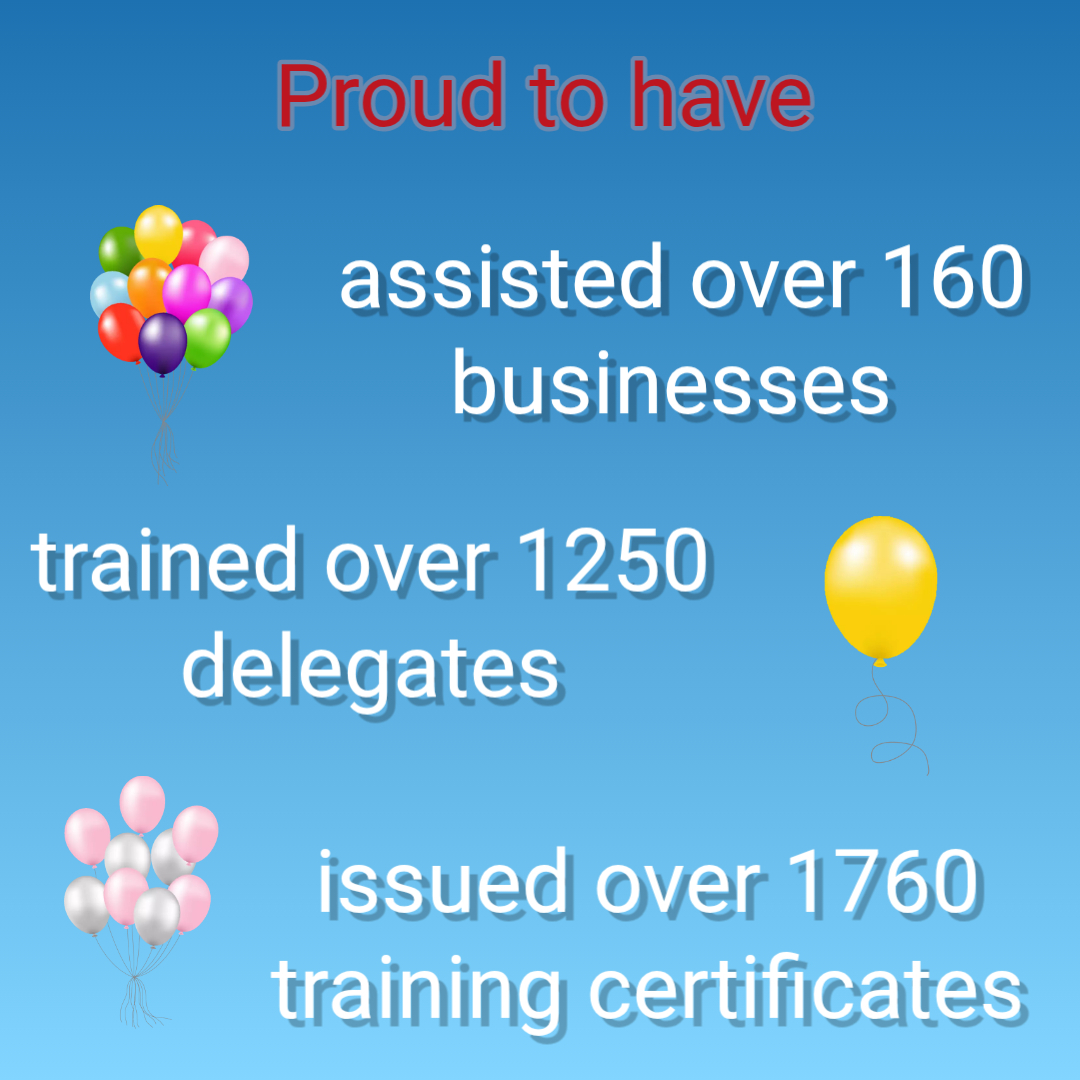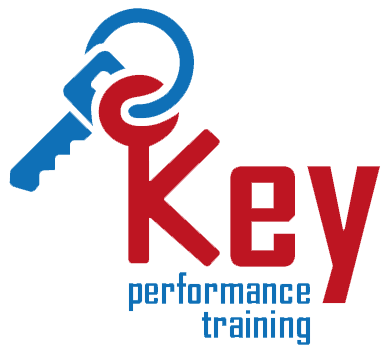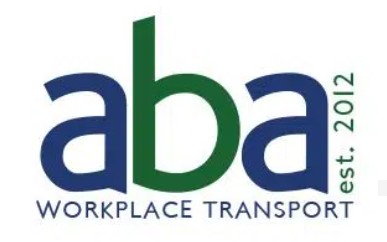
Celebrating our 8th year anniversary

Celebrating our 8th year anniversary
We are delighted to share with you that on Thursday 12th March, we will be celebrating the 8th year anniversary of our first course.
Since our last anniversary, we have been so proud of the number of new businesses we’ve been able to help, and we’ve also been privileged enough to book courses for some of our customers for the 8th year running.
We’ve also been immensely proud to have been able to have helped a huge number of delegates with our introduction of Skills Bootcamps, and we’ve successfully continued our partnership with New College, Swindon, for a second year.
This has helped us reach even more businesses in need, and those out of work or on low incomes attain skills that make them in demand in our region.

We’re so grateful to the loyalty of our customers – we have really built a strong bond of trust over the years, and we value every single one of them. It’s been so nice to see the same faces coming to us again and again for their refresher training, and we hope to be able to serve your needs for many years to come.
If you’d like to see what some of our customers think, then please visit our website and see their thoughts.
For the year ahead, our focus will be on maintaining the highest standards of training, so all our customers have a great experience, providing more information to our customers via our website, and looking to expand our course range to include training that you’re asking us for. If you have any courses that you’d like us to consider, please let us know and we’ll investigate if it’s possible.
Thank you to everyone who we’ve had the absolute privilege of working with over the last eight years.
We’re really excited about the future and will continue to stay true to our mission: to understand your needs and to support you, whoever you are, and whatever you need.

Need more information?
For more information please do get in touch.
You can reach us via our contacts page, via email or just give us a call on 01793 975353








